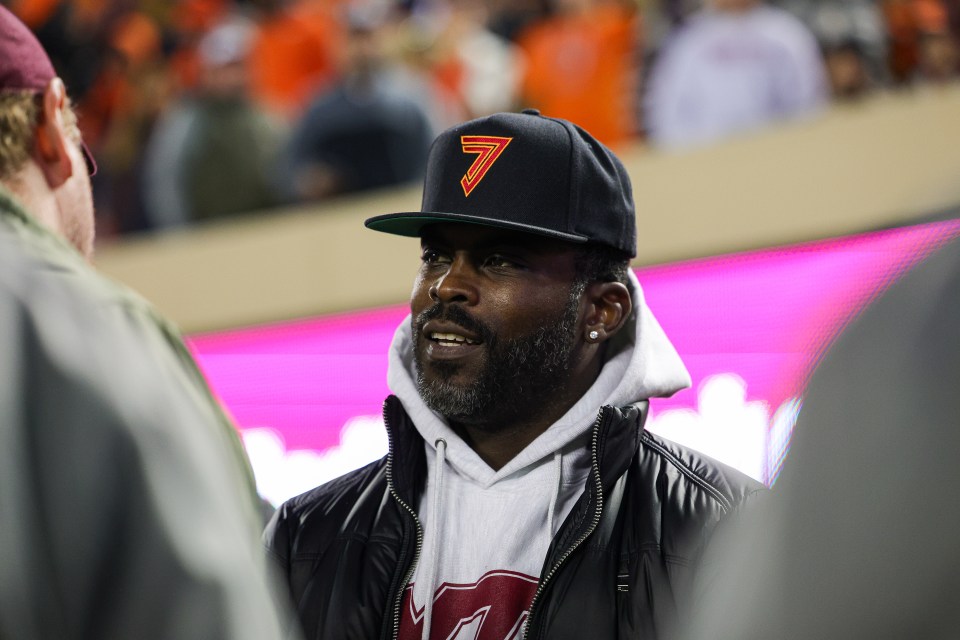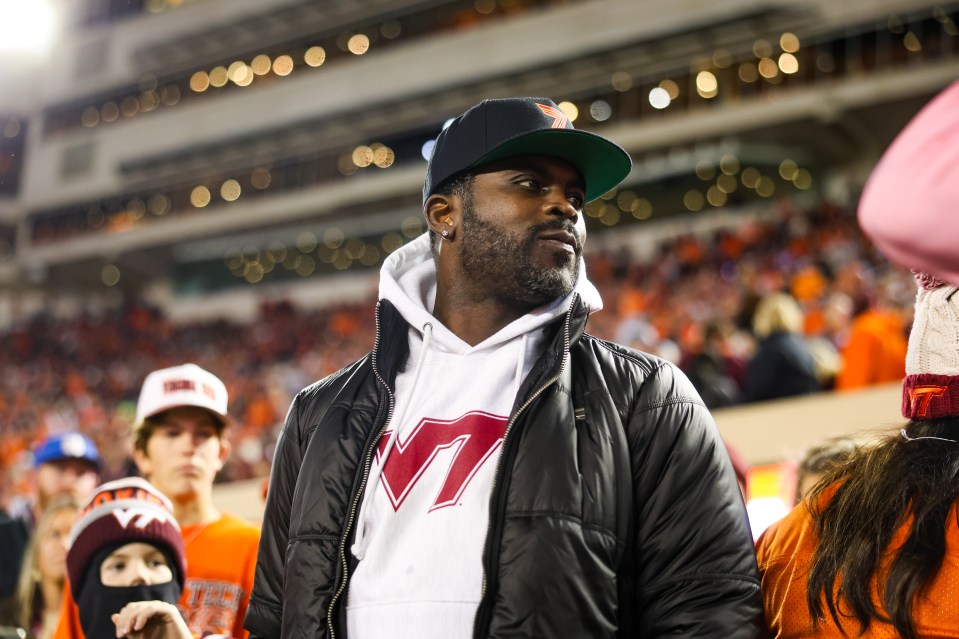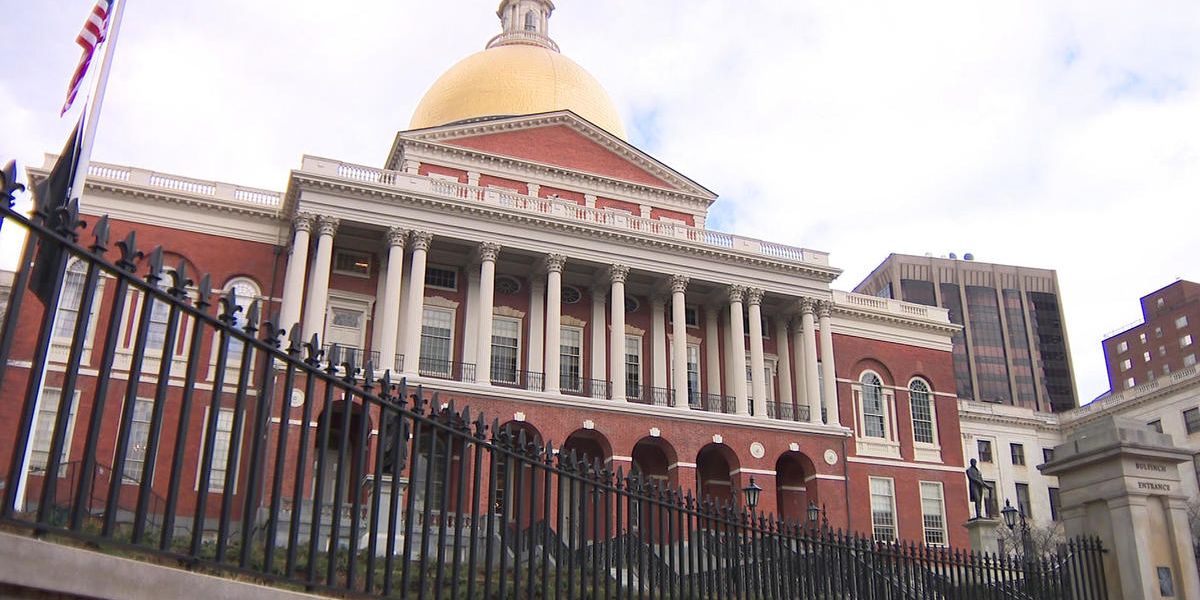Crime-Case! Can the “Raise The Age” Bill Make A Dent In Crime Rates In Massachusetts?”
Boston – Teenage and young adult criminality typically makes for dramatic headlines. Hundreds of young adults have been arrested during rallies on campuses in the last week.
In Worcester over the weekend, a 16-year-old was charged with the 14-year-old’s murder. Following a high-speed pursuit with Massachusetts State Police troopers in a stolen vehicle, a 15-year-old was taken into custody last week.
All of this is happening as a bill being considered by Beacon Hill lawmakers would have 18–19 and 20-year-olds charged as minors.
The “Raise the Age” Bill: What Is It?
It was popularly known as “Raise the Age,” as it kept criminals in the juvenile justice system until the age of 21. It would be progressively enacted over a period of five years if it were to become law.
The bill would maintain the compulsory adult prosecution of first- and second-degree murder perpetrators. It also permits prosecutors to pursue adult terms for major felonies including the use of a firearm or physical injury committed by the defendant.
The bill is in favor of a model that UTEC, a nonprofit, already uses. Young people who have been arrested or come into contact with the criminal judicial system between the ages of 18 and 25 are assisted by the Lowell group.
UTEC helps young people by providing education and rehabilitation. Along with classrooms, it has a kitchen and a woodworking shop.

“When you enter the building, you genuinely get a second, third, or even fourth chance, regardless of what has happened outside. But enough that you require,” stated Gregg Croteau, CEO of UTEC.
Some argue that the brain doesn’t fully mature until age 25.
SEE NEW – Walmart Credit Card Theft! Man Apprehended With Over 27K Stolen Numbers, Affidavit Reveals
“Raise the Age” proponents contend that since a person’s brain does not fully mature until age 25, young persons have no place in adult courtrooms.
“Our social and emotional decision-making abilities develop at a different pace than our cognitive abilities,” said Selen Siringil Perker, Associate Director of the Columbia Justice Lab’s Emerging Adult Justice Project.
According to Parker, the data also back up the proposed strategy. Based on data from Massachusetts, arrests of those under 21 have decreased dramatically over the last ten years, with arrests for minor offenses falling by more than 70%.
Studies on 17-year-old children without past participation in the system have revealed minor increases in re-arraignments; however, Parker notes that this “may indicate juvenile system’s ‘net-widening’ effect, by sweeping in too many low-level cases.”
Only Vermont is gradually lifting the limit to 21 and will start accepting 19-year-olds in July. It is currently the only state doing so. After adding 18-year-olds to the juvenile system, Columbia researchers discovered a decrease in the number of new delinquent cases.
The District Attorney Expresses Worries
The concept of raising the age has its detractors. District Attorney Tim Cruz of Plymouth County voiced some concerns earlier this year. “I can join the army if I’m 18, I can vote if I’m 18,” Cruz stated.
Supporters like Parker contend that different milestones in society are associated with different ages. For example, the legal drinking age to purchase alcohol is still 21.
No state has yet to apply the policy in the 19–20 age group, so there is currently no data available about youth in that age range who are in the juvenile system. However, Croteau asserts that the UTEC experience can close the data gap.
Among UTEC participants, the percentage of recidivism, or the frequency of re-arrests, is 25%. That is about half of the youth recidivism rate in Massachusetts between the ages of 18 and 25.










